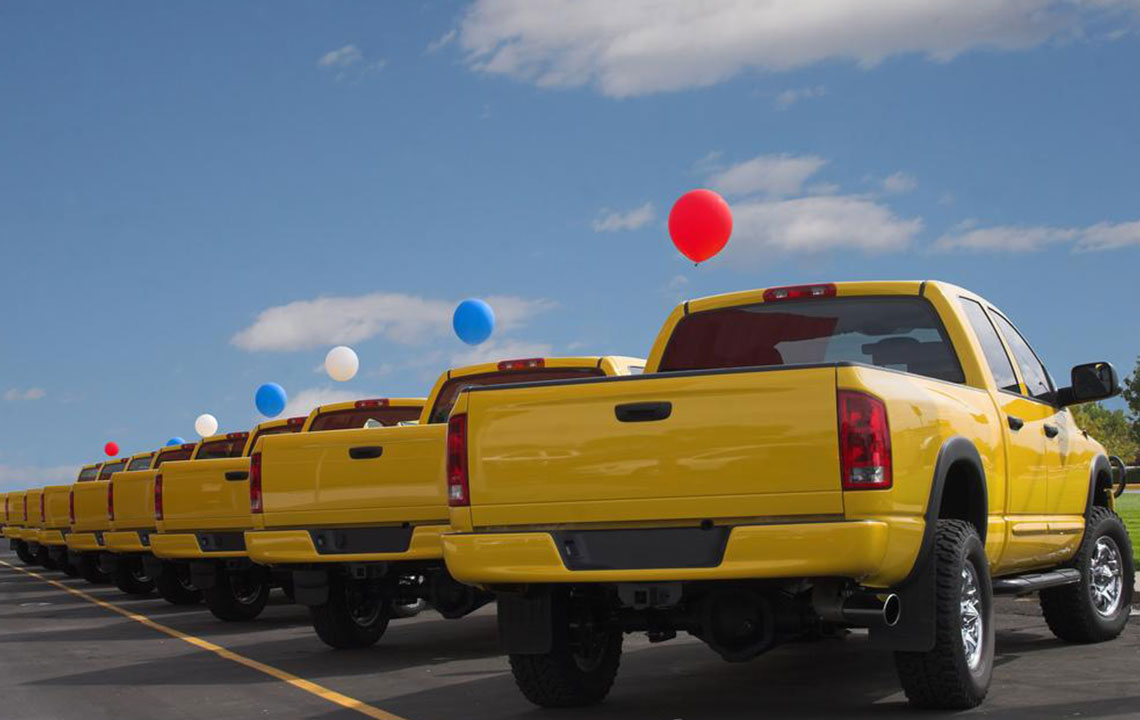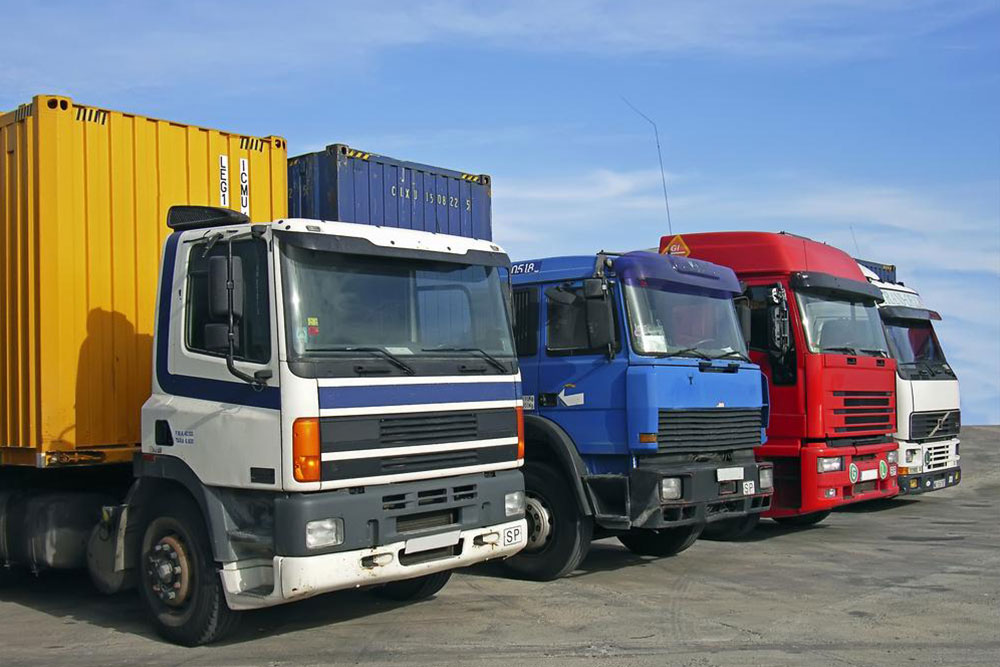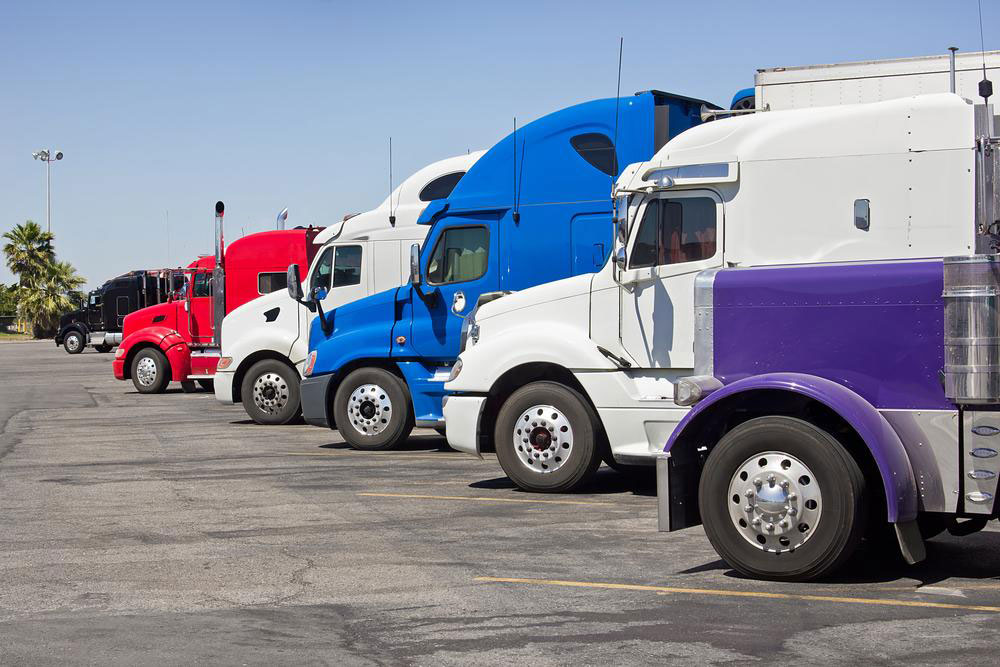Comprehensive Guide to Choosing the Ideal Commercial Trucks for Your Business Success
Choosing the right commercial trucks is vital for business efficiency and cost management. This guide offers detailed advice on assessing cargo needs, vehicle capacity, fuel efficiency, and budgeting to ensure optimal truck selection. Proper planning and expert inspections can help maximize your investment, reduce costs, and enhance operational performance, whether you're running a small business or managing large-scale logistics. Make informed decisions today to boost your transportation efficiency and secure your business's long-term success.

Comprehensive Guide to Choosing the Ideal Commercial Trucks for Your Business Success
In today's rapidly expanding economy, the backbone of effective supply chains and distribution networks relies heavily on the efficient transportation of goods. Commercial trucks are indispensable assets for a wide range of businesses—from small enterprises to large corporations—seeking reliable and cost-effective logistics solutions. Making the right choice when purchasing or leasing commercial trucks can significantly impact your operational efficiency, profitability, and service quality. This comprehensive guide aims to provide you with essential insights and detailed tips to help you select the best commercial trucks tailored to your specific business requirements.
Understanding your cargo needs is the first step. Different types of goods demand different trucking solutions. For perishable items such as fresh produce, dairy products, and pharmaceuticals, refrigerated trucks or climate-controlled trailers are vital to maintain product quality and comply with health regulations. If your business involves transporting large, heavy equipment or oversized loads, specialized flatbeds, lowboys, or step-decks might be necessary. Identifying the nature of your cargo ensures you choose trucks that are fit for purpose, reducing damage risks and enhancing delivery efficiency.
Besides cargo type, consider the operational scope of your business. For instance, if your transportation involves frequent urban deliveries, you might prioritize smaller, maneuverable trucks with high fuel efficiency. Conversely, long-haul trucking requires larger, more durable vehicles built for extended driving hours and heavy loads. Knowing your typical routes, distance, and delivery times allows you to select trucks that optimize logistics while controlling costs.
Capacity and payload are critical aspects of any commercial truck purchase. Overestimating your needs can lead to unnecessary expenses, while underestimating can cause operational bottlenecks. Conduct thorough assessments of your typical loads to determine the optimal vehicle size and weight capacity. Properly matched trucks not only improve fuel economy but also reduce wear and tear, extending the vehicle's lifespan. Proper load distribution and prevention of overloading are essential for safety, legal compliance, and operational efficiency.
Fuel economy is a significant factor influencing the total cost of ownership. Modern trucks equipped with advanced aerodynamics, efficient engines, and alternative fuel options can substantially lower fuel consumption. Investing in newer models may involve higher initial costs but pays off through reduced maintenance expenses and better performance. Balancing aesthetic appeal with functionality is necessary—choose trucks that are durable and efficient rather than purely focusing on appearance.
Financial planning plays a vital role. Budgeting should encompass not only the purchase price but also registration, insurance, regular maintenance, repairs, and potential upgrades. Setting aside contingency funds for unexpected repairs ensures smoother operations. Engaging with certified mechanics and industry experts during vehicle selection can help verify the vehicle’s condition. A comprehensive inspection—including checking vehicle history reports—helps avoid costly surprises down the road.
Comparing multiple dealers and models helps in securing the most reliable and cost-effective trucks. Look for warranties, after-sales service, and availability of spare parts as these factors contribute to long-term operational stability. Leasing options might also be worth considering if you prefer flexible upgrades or wish to avoid large upfront payments. Always choose trucks that align with your business goals, budget, and growth plans to maximize return on investment.
In conclusion, selecting the right commercial truck involves careful evaluation of your cargo needs, operational scope, budget, and long-term maintenance considerations. A strategic approach ensures your business benefits from robust, efficient, and reliable transportation solutions, ultimately supporting your growth and success in the competitive logistics landscape.





